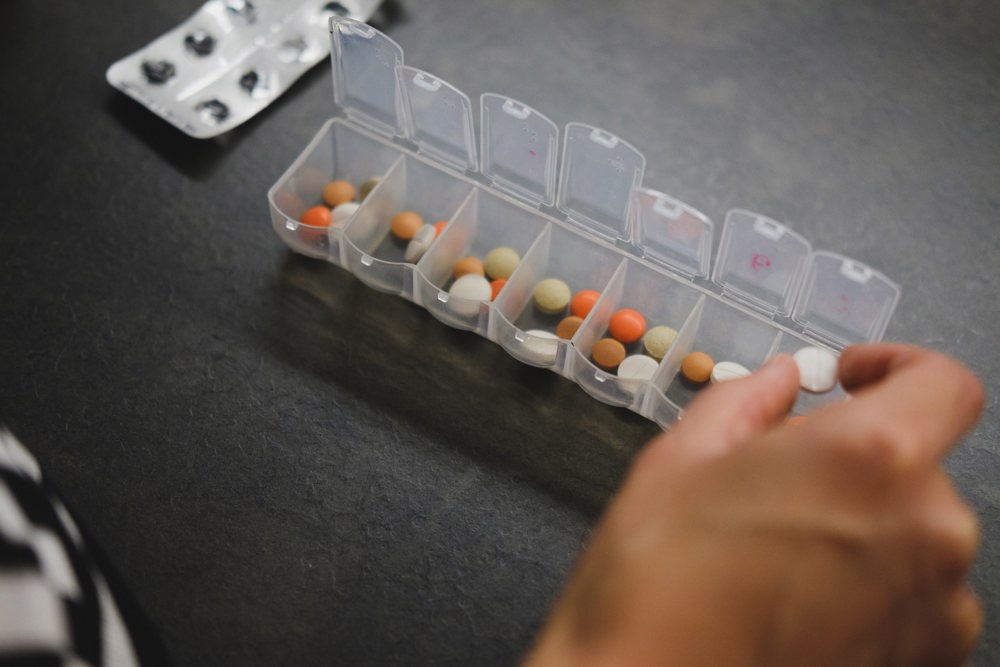Following your stroke we may have changed your medication to prevent another stroke. It is very important that you read the patient information leaflet that comes with the medication so you are aware of any side effects.
If you experience any problems, contact your GP or local pharmacist.
Your new medication may include:

Antihypertensive
This helps lower your blood pressure. High blood pressure can increase your
risk of developing health problems. You may get a combination of different antihypertensives.
Statin
These are used to help lower your cholesterol along with a healthy diet and lifestyle. Statins are key in preventing further strokes.
Antiplatelet
Antiplatelets are used to thin the blood. This makes it less sticky and prevents clots from forming. Your doctor will need to monitor them carefully. Common antiplatelets are Aspirin and Clopidogrel.
Anticoagulants
These are used to slow down the clotting time of your blood. They are most commonly used to treat Atrial Fibrillation which is the most common cause of stroke.
Common are Warfarin, Apixaban, Rivaroxaban and Edoxaban.
They all work in slightly different ways. Your consultant will discuss them with you. They will help you decide which one is best for you.
It is important that you:
- watch for signs of bleeding
- take your anticoagulants at the same time every day
- take the exact dose that we tell you to take.



